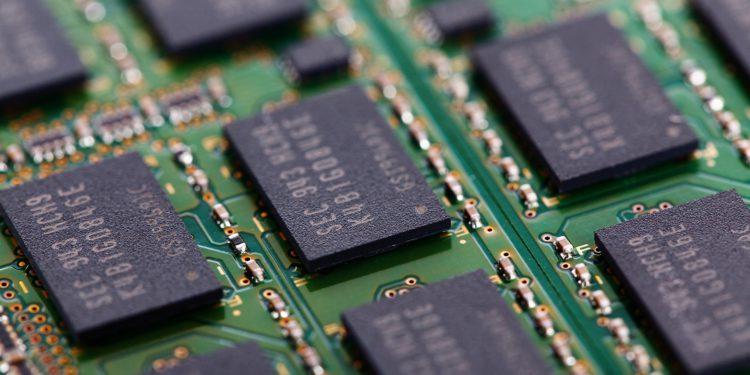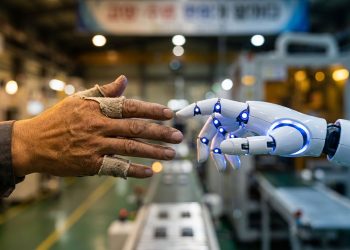The Chinese government imposed a ban on the American chipmaker, Micron Technology Inc., on Sunday. The authorities have prohibited key infrastructure operators from purchasing products from Micron. The Cyberspace Administration of China (CAC), the official regulatory body, stated that Micron had failed its network security review.
The ban on Micron by China has created an uncertain atmosphere for South Korean chip manufacturers. South Korea is home to two of the world’s largest memory chip manufacturers – SK Hynix and Samsung Electronics. Together, these companies control about two-thirds of the global memory chip market as of 2022. However, both chipmakers have become entangled in the political tensions between the US and China.
China opened an inquiry into Micron in March this year after the US signed a deal with Japan and the Netherlands, two leading suppliers of chip production tools, to limit their shipments to China.
The US Commerce Department opposed China’s recent restrictions on Micron, arguing that memory chips pose minimal cybersecurity threats. The ban is expected to cause Micron to experience an approximately 11% decline in revenue.
The US administration has been imposing restrictions on Chinese tech companies and their exports, and China is retaliating by implementing similar restrictions on US-based companies. The chip industry has become a battleground for geopolitical tensions between the two countries. The Biden administration has simultaneously requested the South Korean government to discourage its chipmakers from filling any market gaps left by a potential Chinese ban on Micron, as it could complicate the situation.
Consequences of the ban on Samsung Electronics and SK Hynix
South Korea may gain from China’s ban on Micron since it may leave a gap that Korean chipmakers may fill to their advantage. In 2022, Samsung generated around 31.5 trillion won in revenue from China. Whereas, SK Hynix earned a revenue of 16.3 trillion won. South Korean chipmakers would likely benefit from China’s ban on Micron in the long term.
In China, Samsung Electronics operates a NAND flash memory chip plant in Xian City. NAND flash memory is a type of non-volatile storage technology that does not require power to retain data. Samsung also runs a chip packaging facility in Suzhou City.
Similarly, SK Hynix operates a dynamic random access memory (DRAM) chip plant in Wuxi City, located in southern Jiangsu province. DRAM chips are chips primarily used for data and program code storage in TVs and smartphones. SK Hynix also has a NAND plant in the port city of Dalian and a packaging factory in Chongqing city.
It is also expected that Micron’s void will be filled by Chinese memory chip makers such as Yangtze Memory Technologies Corp. (YMTC) and ChangXin Memory Technologies Inc. (CXMT). Consequently, Korean chip manufacturers that operate their chip factories in China may witness a decline in their market share in China.
China is South Korea’s commercial partner, whereas the United States is its strategic ally. Samsung and SK Hynix, have suspended new investments in China until the next move by the United States becomes clear. The US Commerce Department is currently in discussions with the Korean government to establish separate equipment import standards to minimize disruptions in the global supply chain.







